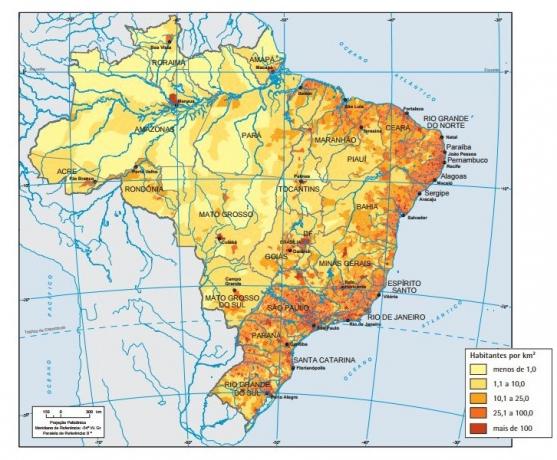You protozoa they are single-celled living beings, eukaryotes, belonging to the Protist Kingdom. They usually live in fresh water, although they are also found in salt water, silt and moist soil.
The word "protozoan" comes from the Greek terms protos = initial, first + zonn = animal.
Some protozoa are parasites, like the Leishmania brasiliensis, which causes leishmaniasis, and the trypanosoma cruzi, causing Chagas disease.
protozoa are heterotrophs, that is, they do not produce their own food. They use the phagosome, which turns into a digestive vacuole, to carry out their intracellular digestion. Some protozoa also have contractile vacuoles that help to expel excess water accumulated inside them.
Learn more about the meanings of heterotrophs.
Most protozoa have aerobic breathing, absorbing oxygen by diffusion. Through binary or multiple division they give rise to new individuals. They can also reproduce sexually, by conjugation.
Protozoa are classified into:
- Amoeboids: They are moved by pseudopods (false feet);
- Sporozoa: They are parasites, which, at least in one stage of their lives, are endowed with an apical complex. They do not have displacement structures;
- Affiliates: They use eyelashes to move around and they can also help with feeding. Most live free lives;
- Flagellates: They move around or obtain food through flagella. They can be aquatic or parasites;
- foraminifera: They have an external carapace, usually formed by calcium carbonate. Most live in the oceans.


